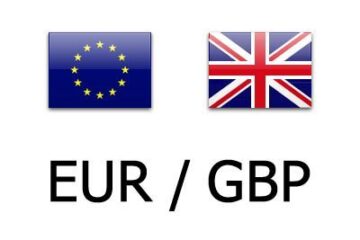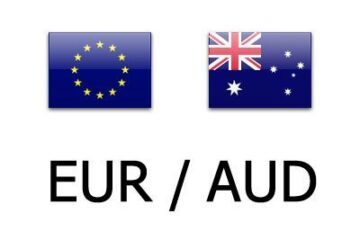Tesla’s mercurial CEO, Elon Musk, has drawn praise and criticism for his unpredictable nature, which has caused Tesla’s stock price to pop and drop several times over the past decade.
Elon Musk’s supporters applaud his single-handedly launching the electric vehicle era, while his foes point to failed model launches and autonomous vehicle timelines.
💵💰Don’t miss the move: Subscribe to TheStreet’s free daily newsletter 💰💵
The debate has intensified this year after Musk spent hundreds of millions of dollars supporting President Trump’s election last year, and in the wake of his spearheading the Department of Government Efficiency, or DOGE, an organization in the executive branch tasked with cutting costs.
Related: Surprising Europe news may rock Tesla stock
Musk’s political moves appear to frustrate many Tesla buyers, as sales in key markets have recently declined.
The trend doesn’t appear to be slowing, given disappointing sales data from California, which contributed to Tesla’s stock price dropping 5% on April 16.
Elon Musk’s Tesla has seen its sales slide in key markets, including California.
Tesla’s advantage is slipping
Tesla’s (TSLA) success stems from Elon Musk focusing on the performance of its electric vehicles. Instead of making them solely environmentally friendly, Musk built high-performance luxury cars to compete against Mercedes-Benz, BMW, and Porsche.
Musk’s performance-first strategy turned Teslas into aspirational vehicles desired by celebrities and speed enthusiasts, leaving competitors like Ford and General Motors in the lurch.
Related: Elon Musk sent a blunt message on tariffs
Tesla’s luxury EV moat, however, has significantly eroded.
Most car companies worldwide, including Detroit’s Big Three, have developed high-end EVs, and many of them deliver similar performance and possibly better fit-and-finish than Tesla.
The launch of so many rivals has damaged Tesla’s electric vehicle market share, and Musk’s often polarizing political positions aren’t helping it shore up key markets overseas.
According to the China Passenger Car Association, Tesla’s sales in China fell 21.8% in Q1, and in Germany, sales fell 62%, according to KBA.
Tesla gets disappointing California news
It’s also been a struggle in the United States, given Tesla’s sales volume fell 9% from year-ago levels in Q1, according to Cox Automotive/KBB. Electric vehicle sales were up 11% across all brands in the quarter.
Related: Tesla accused of using sneaky tactic to dodge car repairs
Tesla’s lackluster first-quarter figures follow a 1% dip in U.S. sales in 2024, the first annual drop in more than a decade, and a 2.3% decline in the fourth quarter, despite total EV sales climbing 15%, according to the Cox/KBB.
Meanwhile, Ford and General Motors’ EV sales have surged. In Q1, Ford saw its EV sales climb 11.5%. GM’s Cadillac, GMC, and Chevrolet saw EV sales increase by 37%, 184%, and 114%.
Tesla’s fortunes aren’t improving, at least not yet.
In California, which historically has accounted for about one-third of U.S. EV sales, Tesla registrations slumped 15% year-over-year. Non-Tesla zero-emission vehicle registrations rose 35%, according to California’s New Car Dealers Association (CNCDA).
It was Tesla’s sixth straight quarterly decline in the state. According to Experian Automotive data, total California EV registrations rose 8%.
As a result, while Tesla remains the biggest EV company in California, its market share fell to 43.9% from 55.5% last year.
“An aging product lineup and backlash against Elon Musk’s political initiatives are likely key factors for the decline in Tesla BEV market share,” wrote the CNCDA.
Related: Veteran fund manager unveils eye-popping S&P 500 forecast


